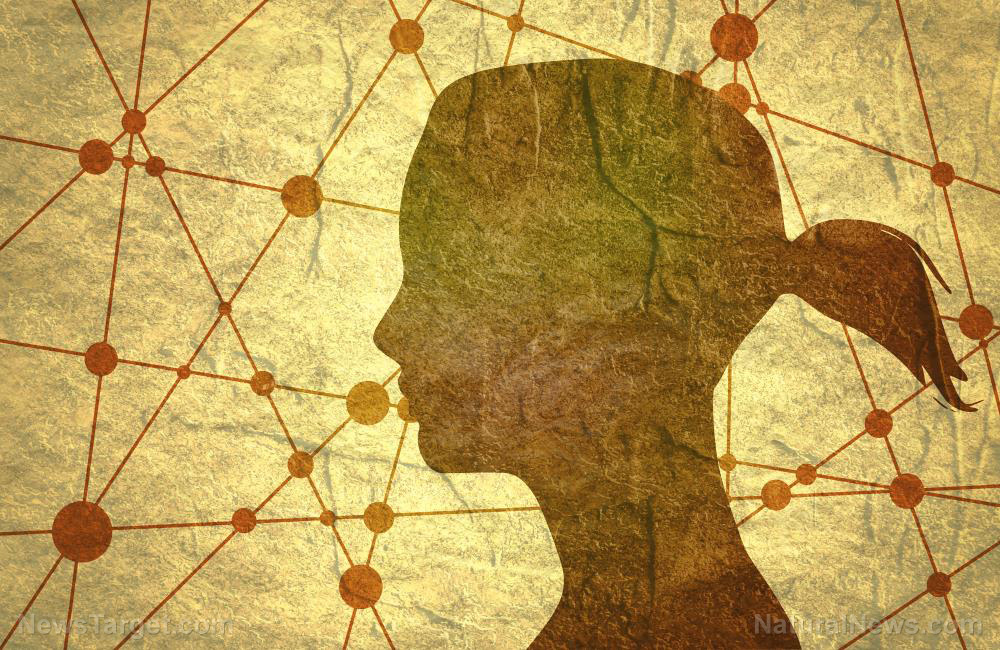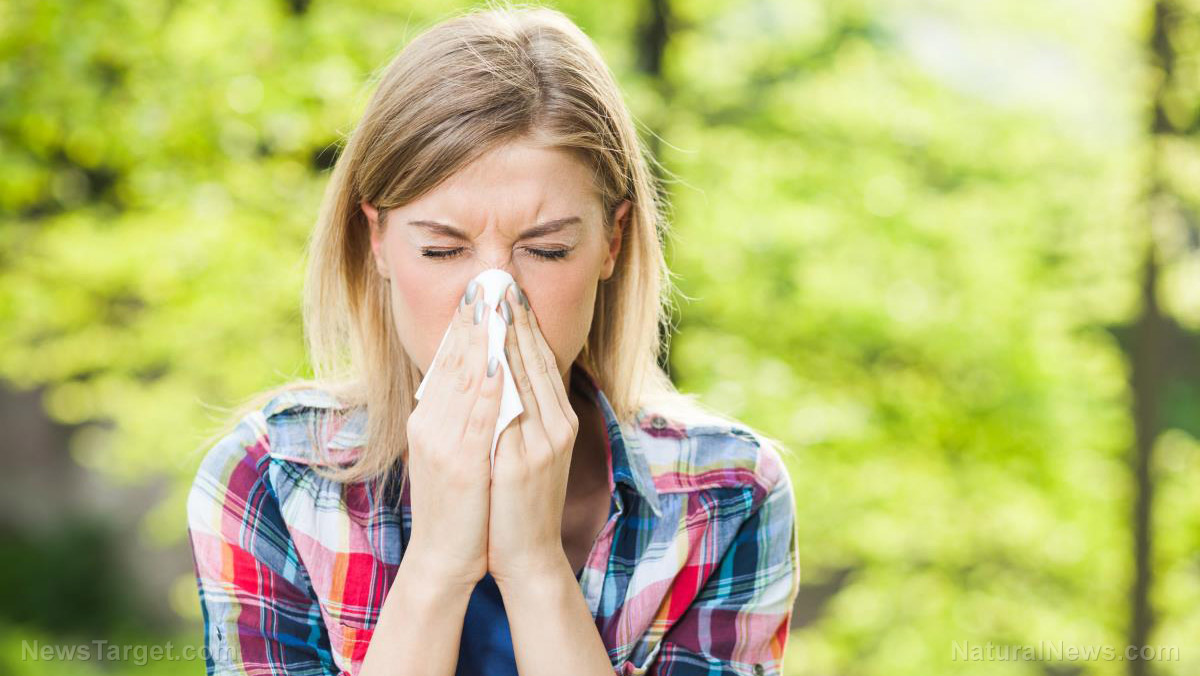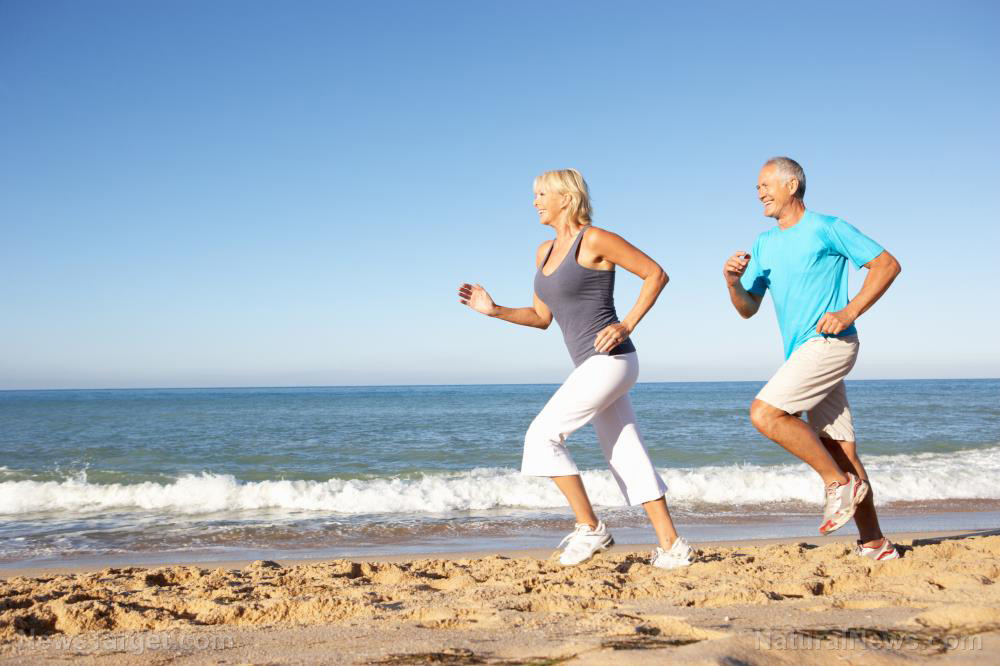The therapeutic benefits of reflexology for Parkinson’s
05/03/2019 / By Ralph Flores

Being diagnosed with a neurodegenerative disease is akin to receiving a death sentence for most people. Barring the fact that many of these diseases are incurable, they also cause progressive degeneration and even death in brain neurons, which can’t be replaced by the body once they die or are damaged. Among these conditions, Parkinson’s disease is one of the most common, affecting nearly 60,000 Americans every year.
Most conventional approaches to managing the symptoms of Parkinson’s disease involve drug therapy; however, these are known to have adverse effects that impact a patient’s overall well-being. Levodopa, a prescription drug used for all stages of Parkinson’s, not only becomes less effective over time, but it can also result in developing involuntary movements (dyskinesia) and even impulsive and compulsive behavior.
Fortunately, people with this debilitating condition can turn to reflexology to manage their symptoms, as it can bring the body to restorative balance, allowing it to heal by itself.
Parkinson’s disease and reflexology
Parkinson’s disease is a progressive nervous system disorder that occurs when the brain is unable to produce dopamine, which causes issues with movement. While most people know of the condition’s landmark symptom – uncontrollable trembling of the hands – Parkinson’s can progress to affect gait, motor function, and even speech. According to estimates from Parkinson’s Foundation, one million people in the U.S. will be suffering from Parkinson’s by 2020 – more than the number of people with multiple sclerosis, Lou Gehrig’s disease, and muscular dystrophy combined.
Reflexologists believe that sufferers of neurodegenerative diseases like Parkinson’s can benefit greatly from a more holistic approach, especially in dealing with the tremors associated with the condition. By massaging specific points in the feet and hands, a person can stimulate and restore the body to its previous balance. This is especially helpful for people with diseases like Parkinson’s, where conventional forms of treatment do little to address the symptoms fully.
Reflexology, when complemented with massage therapy, can bring about even greater benefits. In particular, muscle stiffness and rigid body movements, commonly seen in patients with Parkinson’s, can be addressed using massage therapy. This is done to restore a patient’s sensation in the area massaged. Once this happens, he can undergo further therapy for Parkinson’s.
The benefits of reflexology don’t just end with managing immediate symptoms of Parkinson’s. The treatment can even help other conditions that accompany it, including headaches, insomnia, and generalized pain and aching. Reflexology can even boost the immune system, increase energy levels, and enhance vitality – providing a fillip to help the body deal with the symptoms of the neurodegenerative disease.
Stop tremors by pressing these points
Healthcare professionals who practice reflexology will often massage the points that correspond to the head, spine, and brain as these offer a well-rounded approach in managing the symptoms of Parkinson’s.
The tremors, in particular, could be attenuated by walking the thumb over the reflexology points of the diaphragm and solar plexus. Afterward, the practitioner will move up to the spinal column to restore balance in the nervous system.
In addition, by pressing the following reflexology points for at least three minutes, a patient with Parkinson’s can find considerable relief.
- Pituitary
- Cerebrum
- Cerebellum
- Spine
- Kidney
- Adrenal
- Liver
- Autonomic nervous system
Massaging the reflexes of the spine, in particular, can restore alertness and confidence, which are often diminished at the onset of the disease. Working on the reflexes of the toes and colon can add even more relief from the other symptoms that Parkinson’s brings.
Indeed, people looking for relief from Parkinson’s can turn to reflexology as a safe and natural complementary treatment to manage its symptoms and boost the body’s healing.
Next, learn more about how reflexology improves your overall well-being.
Sources include:
Tagged Under: alternative medicine, brain health, cognitive health, disease treatments, natural cures, natural medicine, Naturopathy, neurodegenerative diseases, pain relief, Parkinson's Disease, prevention, reflexology, stress relief



















